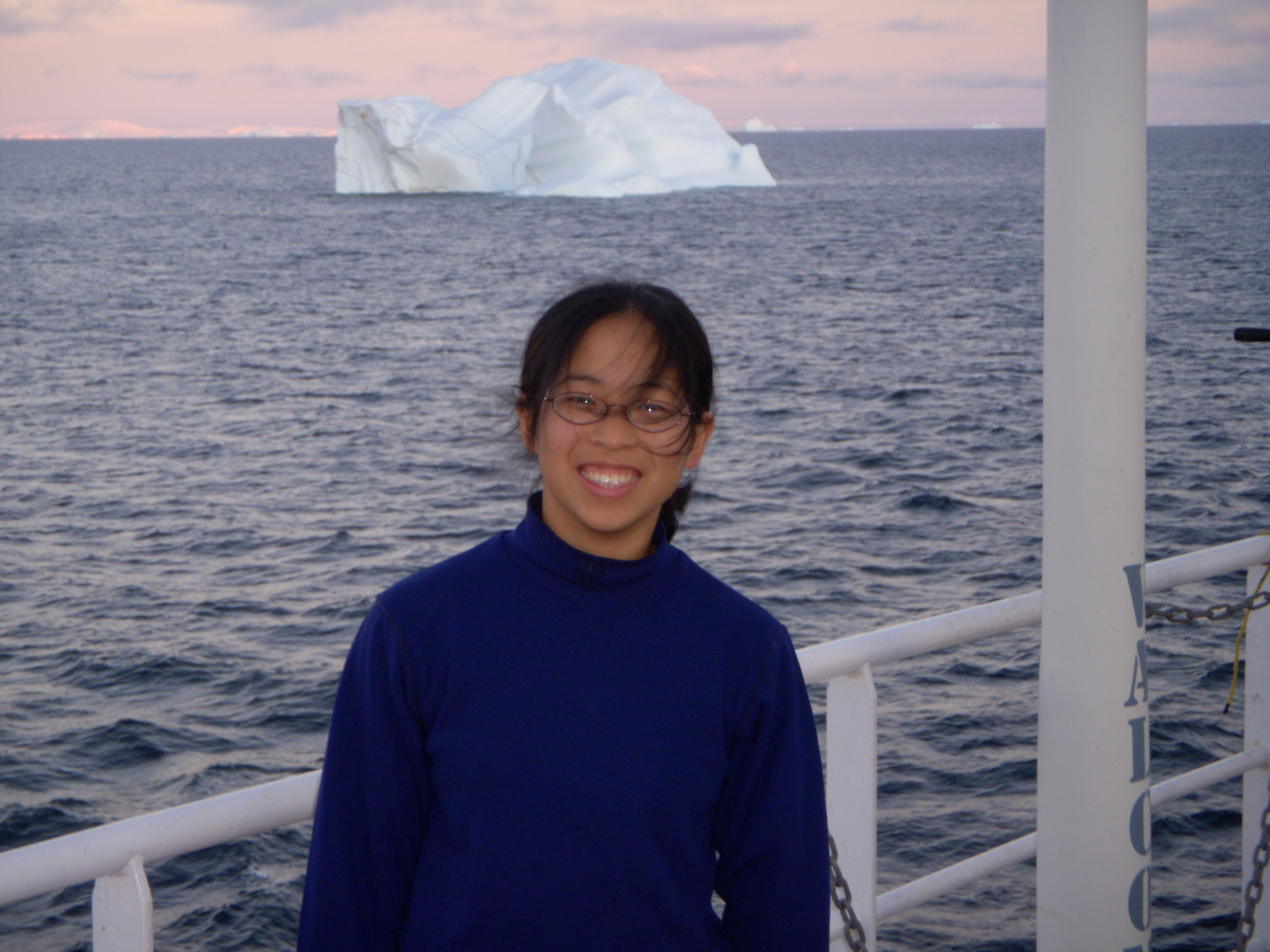The Canada Research Chairs (CRC) program, funded by the Government of Canada, invests $300 million per year to attract and retain some of the world's most accomplished and promising minds. Dal is pleased to welcome Dr. Rachel Chang to the Department of Physics and Atmospheric Science and Dr. Karen Foster to the Department of Sociology and Social Anthropology.
Key Points:
Dalhousie has 50 Canada Research Chairs: 17 Tier Is and 33 Tier IIs including Dr. Chang and Dr. Foster. Tier I Research Chairs are outstanding researchers acknowledged by their peers as world leaders in their field. For each Tier 1 Chair, the university receives $200,000 annually for seven years. Tier II Research Chairs are exceptional emerging researchers, acknowledged by their peers as having the potential to lead in their field. For each Tier II Chair, the university receives $100,000 annually for five years.
Chang, a Tier II CRC in Atmospheric Science, has travelled to the Northwest Passage and the North Pole to enhance our understanding of how ocean emissions affect particles in the air, particularly fog. A better understanding of predicting fog formation, movement and visibility can impact the transportation industry.
Foster is a new Tier II Canada Research Chair in Sustainable Rural Futures in Atlantic Canada. Many communities are exploring innovative "de-growth" strategies like work sharing, local currencies, and "re-localizing" production and consumption.
Pull Quotes:
"What I hope to determine is how the origins of an air mass affect the visibility we experience in fogāif the air mass comes from a polluted region versus a clean region versus a marine source versus a continental source. Finding those links will ultimately help the transportation industry through better prediction of fog formation and movement.ā -- Dr. Rachel Chang, Canada Research Chair in Atmospheric Science, pilipiliĀž».
āIām looking at how, in certain rural communities in Atlantic Canada, people are questioning whether or not their survival really depends on economic growth. Some of these initiatives really fly in the face of how people think about work, so I'm interested in how they affect the way people approach their daily lives and whether there are generational differences in how these ideas are received.ā -- Dr. Karen Foster, Canada Research Chair in Sustainable Rural Futures in Atlantic Canada, pilipiliĀž».
Images:
 |
Dr. Rachel Chang CRC in Atmospheric Science Photo Credit: Provided Photo Download Hi-Res image |
 |
Dr. Karen Foster CRC in Sustainable Rural Futures in Atlantic Canada Photo Credit: Provided Photo Download Hi-Res image |
Contacts:
Nikki Comeau, Communications Officer - Dalhousie Univeristy: +1 (902) 494-4189 / nikki.comeau@dal.ca
Janet Bryson, Senior Communications Advisor - pilipiliĀž»: +1 (902) 494-1269 / janet.bryson@dal.ca
Recent News
- Media opportunity: pilipiliĀž» finds a genetic test can predict a person's probability of developing depression or bipolar disorder
- Media opportunity: Protein linked to severe asthma may bolster immune response and help protect against respiratory viruses like COVID, RSV: pilipiliĀž» research
- Media opportunity: pilipiliĀž» study highlights gaps in health care preparedness to address high rates of violence against women in Nova Scotia
- Media release: Study finds drug decriminalization in British Columbia linked to significant reduction in criminal justice involvement
- Media opportunity: Ever wondered what chickens are saying when they squawk, purr, growl and cluck? Well, there's an app for that
- Media opportunity: Dalhousie Scientists work with Nova Scotia companies to develop ocean technology and portable lab to support Canadian mission studying climate change at the bottom of the earth
- Media opportunity: pilipiliĀž» researchers find 'cosmic fuel tank' hidden in infant galaxy cluster roughly 24.5 billion light years away
- Media opportunity: Dalhousie study finds simple procedure beats firstāline treatment for leading cause of natural sudden death
